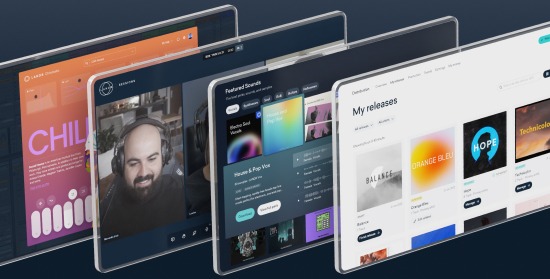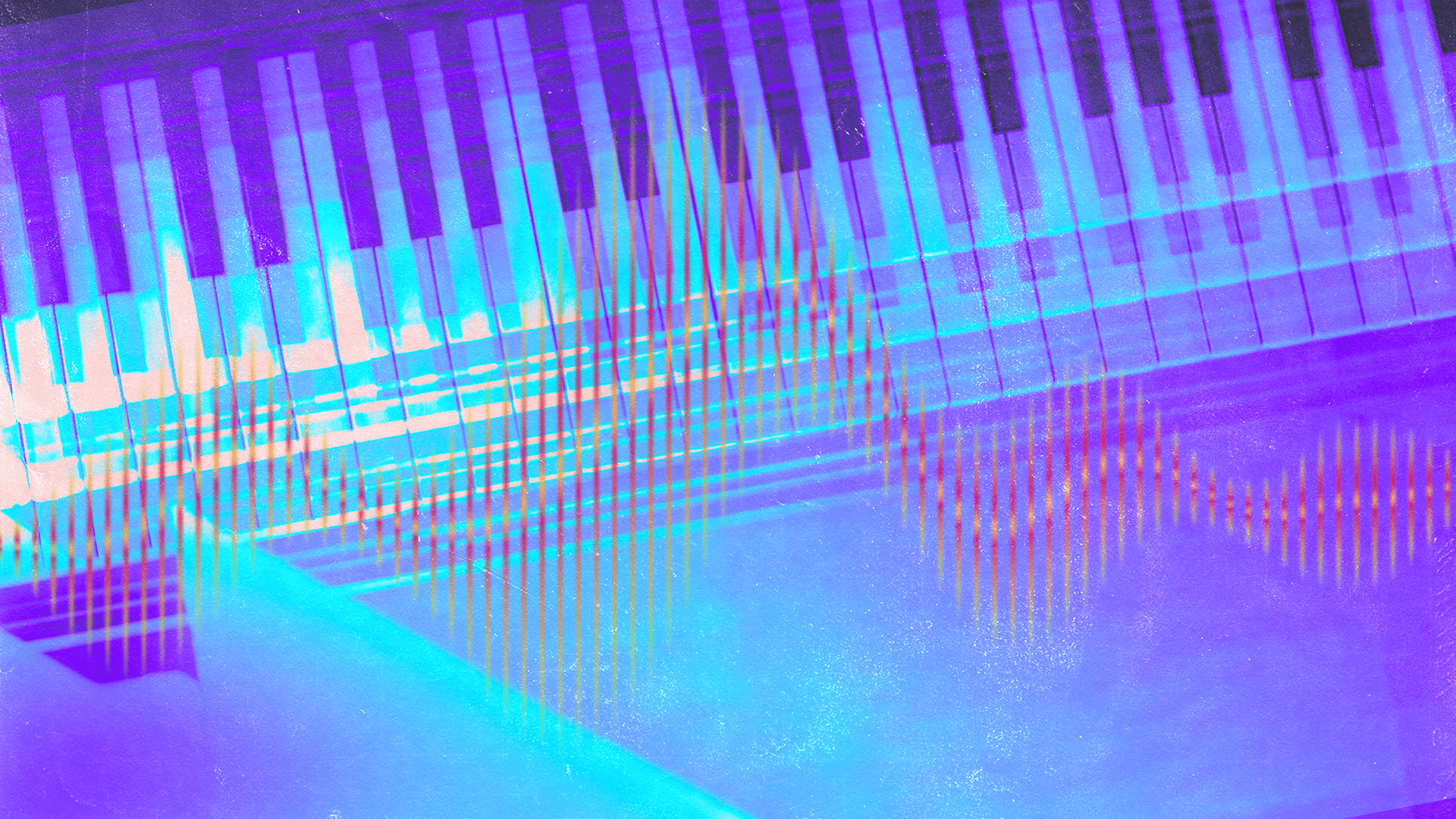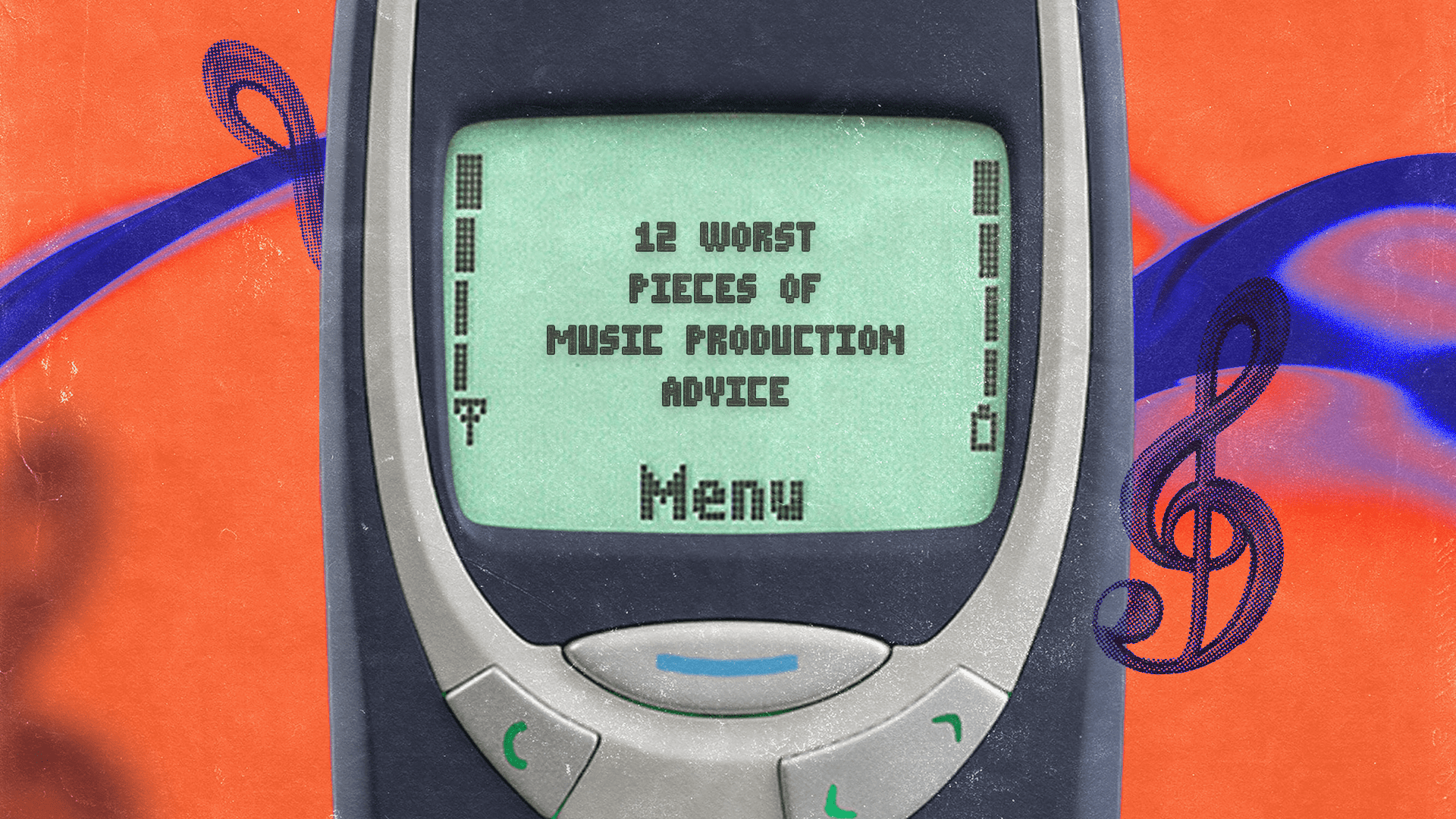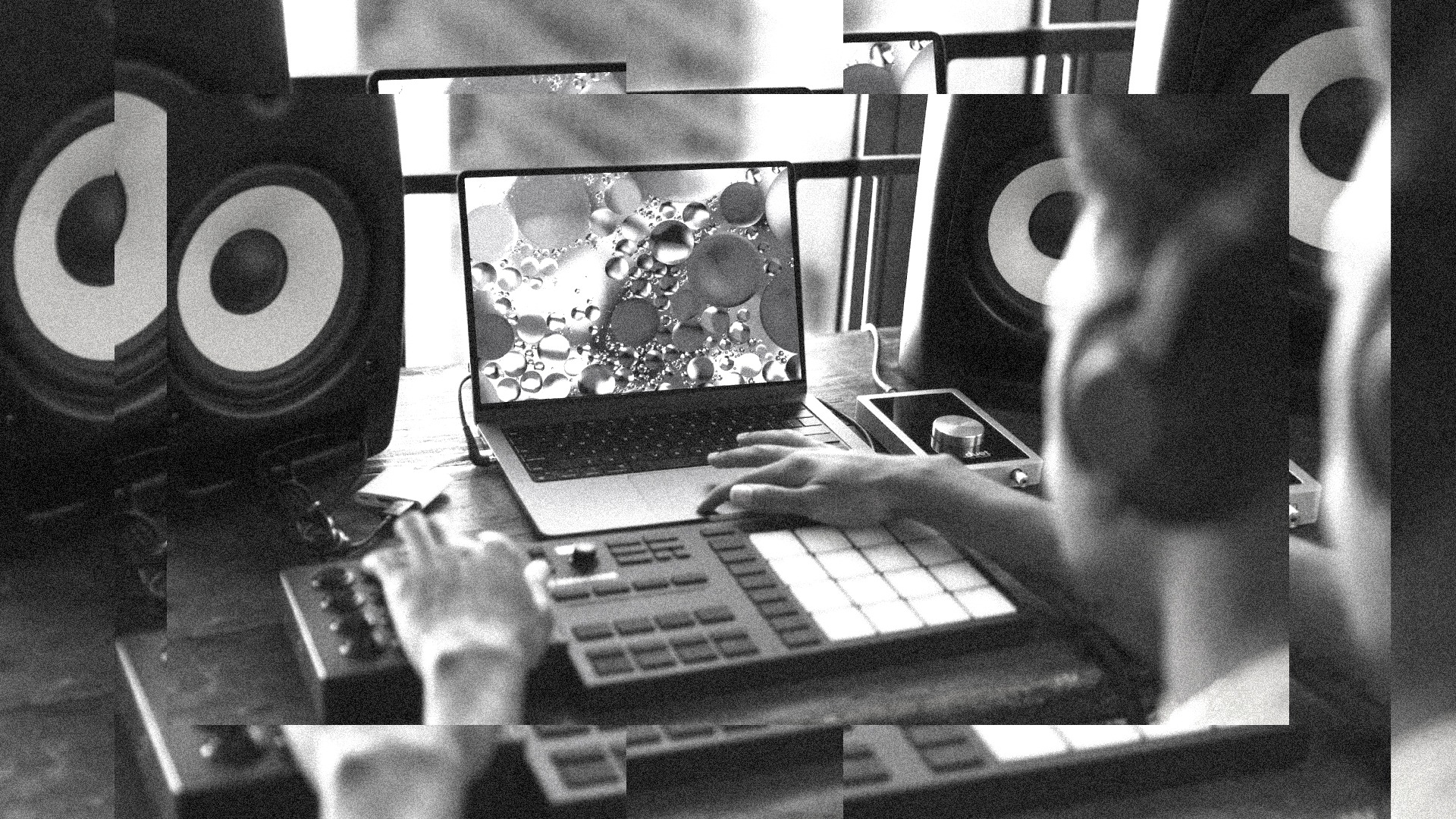
Hard Truths: You Can’t Afford The Sound You Want—Yet
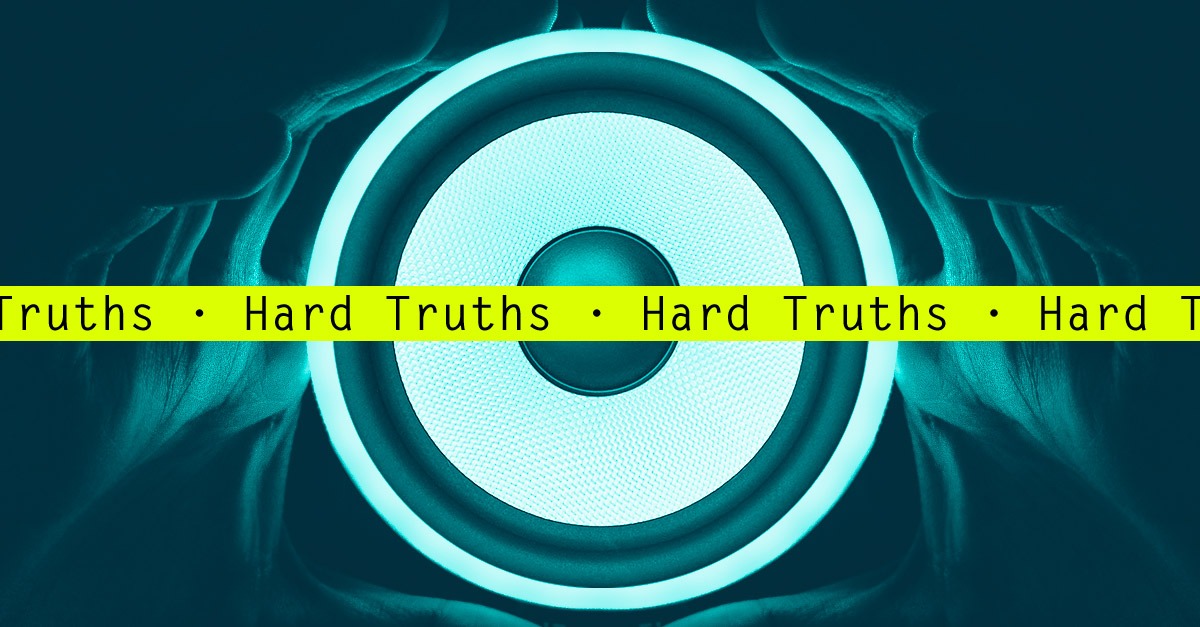
Welcome to Hard Truths, the series on the LANDR Blog where we cut through the noise and take on a harsh reality from the world of music production. This is the advice you might not want to hear—but will make you a better producer.
Walking into an ultra high-end studio is enough to make most producers dizzy.
There’s no limit to how far the best-funded operations will push the envelope when it comes to production standards.
Million dollar acoustics, priceless classic consoles, ultra-rare mics and endless racks of outboard gear are familiar features in these rarefied recording environments.
The music made in these places has a special quality if you appreciate great sound. It’s even worse if you love the legendary recordings from the golden age of analog.
The cost to acquire the gear used on the classics is astronomical—and climbing higher every year.
Here’s my hard truth for today: you probably can’t afford the sound you truly want.
But there’s nothing wrong with that.
I’m not trying to convince you that you can do just as well using a budget audio interface in your bedroom. Or that production quality doesn’t matter.
My flip side to this hard truth is that you’ll almost always get better results from working with what you have—rather than trying to make your tracks into something they’re not.
Let me explain.
Everybody likes expensive sound
Pro audio gear is subject to the law of diminishing returns just like any other high-end item. After a certain price point, meaningful improvements get smaller and smaller.
But as I’ve said here on Hard Truths before, uncompromising quality comes with a higher price tag.
The cost to acquire the gear used on the classics is astronomical—and climbing higher every year.
Up to a point, the most influential links in your signal chain have a large effect on the overall quality of the sound.
There simply wouldn’t be a market for high-end pieces if that weren’t the case.
Since the beginning of recorded music, there’s been an arms race to develop the highest fidelity recording tools and methods.
Because most of the music that makes its way to us comes through this high production value system, we’ve gotten very used to great sound.
So much so that most audiences expect the quality of big-budget radio music from every track they hear—including yours.
The engineer’s point of view
Anyone familiar with the recording process knows that these spectacular results are not reasonable expectations for every production.
If your room isn’t properly set up with acoustic treatment, you’ll never get a pleasing natural room sound.
If you chose the wrong type of microphone you’ll never be able to change the basic qualities of the recording you made it with it.
You probably won’t achieve the weight and authority of real hardware if you’re using softsynths and VST plugins.
But instead of trying to turn these less-than-ideal solutions into million dollar sounds, you might find it better to embrace the basic qualities your tools already have.
Learning to exploit interesting and compelling aspects of imperfect sounds is part of developing intuition as an engineer.
Learning to exploit interesting and compelling aspects of imperfect sounds is part of developing intuition as an engineer.
Honing your instincts and turning your limitations into creative techniques is how you create a recording that’s more than the sum of its parts.
Imagine the personnel that engineered your favourite album. They could probably step into your recording environment right now and produce something impressive.
Problematic elements you can improve with reliable methods shouldn’t be left in a final mix for the sake of authenticity.
That’s worth remembering when you’re feeling discouraged by your situation.
Fix problems, but don’t destroy your tracks
I’m not saying that you have to leave everything in your mix untouched—warts and all.
You should still take advantage of every tool at your disposal to make your tracks sound good.
Problematic elements you can improve with reliable methods shouldn’t be left in a final mix for the sake of authenticity.
Proper comping, editing, good corrective EQ, and smart use of samples can take you a long way before you start doing harm than good.
But draw the line clearly—and don’t cross it.
If you find yourself doing extreme processing with dozens of plugins on your insert chain, you’ve probably gone too far.
Treat your original recordings with respect and try not to destroy them in pursuit of something far beyond what they’re capable of.
Million pound sound
Maybe one day you’ll get the chance to track at one of the world’s premiere recording studios.
But it’s not that big of a deal if you don’t. You can still be a great engineer and get great results.
In fact, it’s sometimes even more impressive to know that a great sounding album was recorded under less than ideal circumstances, or was done without some element we now consider indispensable.
There’s plenty of examples out there of beloved records made with methods considered crude by today’s standards.
There’s a lot to be said for simply doing the best with what you have.
Gear guides, tips, tutorials, inspiration and more—delivered weekly.
Keep up with the LANDR Blog.
